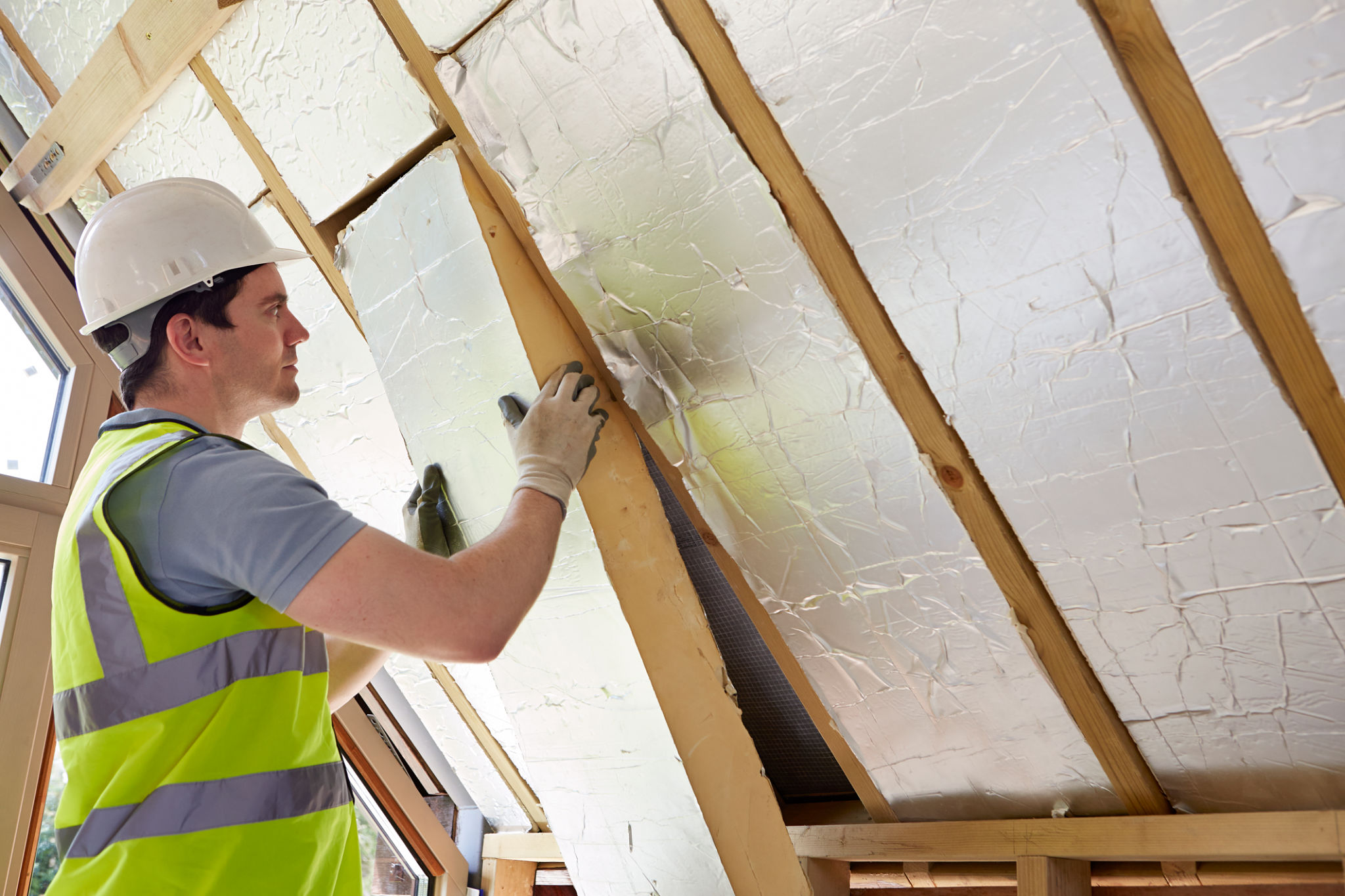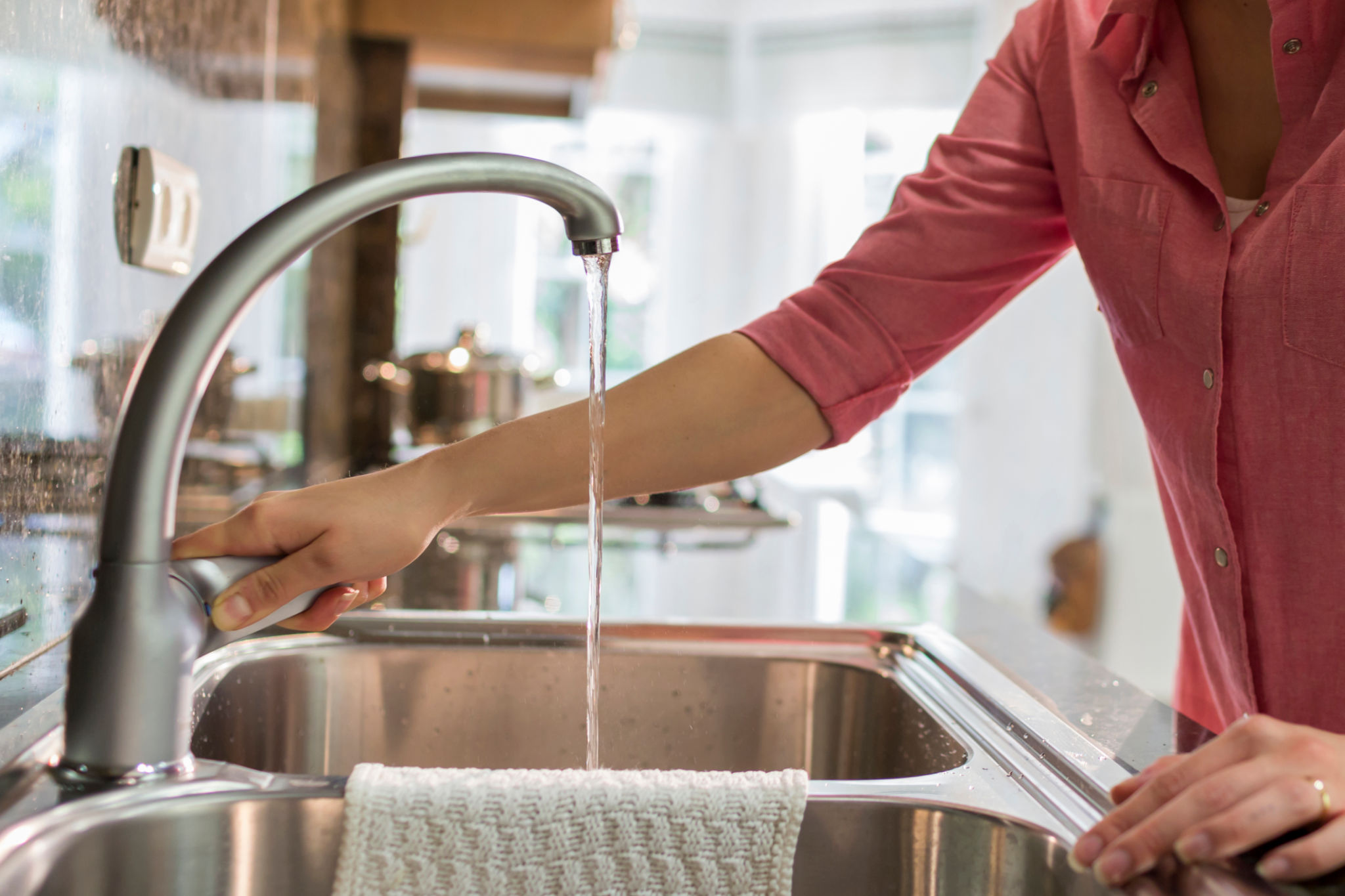The Ultimate Guide to Sustainable Home Renovations
Introduction to Sustainable Home Renovations
In recent years, sustainable home renovations have become more than just a trend; they are a necessity for environmentally conscious homeowners. By adopting eco-friendly practices, you not only contribute to a healthier planet but also enjoy reduced utility bills and increased property value. This guide will walk you through the essential steps to achieve a sustainable renovation.

Planning Your Sustainable Renovation
The first step in any renovation is careful planning. Set clear goals on what you want to achieve in terms of energy efficiency, water conservation, and material sustainability. Consider hiring a green building consultant to help you make informed decisions. Prioritize changes that will have the biggest environmental impact and ensure compliance with local regulations.
Setting a Budget
While sustainable renovations can initially seem costly, they often lead to significant savings over time. Create a budget that includes potential rebates and incentives for using eco-friendly materials and technologies. Research available government grants and tax credits designed to support green building initiatives.
Choosing Eco-Friendly Materials
Opt for materials that are sustainable, recycled, or have a low environmental impact. Bamboo flooring, recycled steel, and reclaimed wood are excellent choices that combine durability with sustainability. When selecting paints and finishes, look for low-VOC options to improve indoor air quality.

Insulation and Energy Efficiency
Proper insulation is crucial for maintaining energy efficiency. Use materials like cellulose or sheep's wool, which are both effective and environmentally friendly. Additionally, consider double-glazed windows and energy-efficient doors to minimize heat loss.
Water Conservation Techniques
Water-saving features can significantly reduce your home's water usage. Install low-flow faucets, showerheads, and dual-flush toilets to decrease water consumption. Consider implementing a rainwater harvesting system for irrigation purposes.

Renewable Energy Sources
Incorporating renewable energy sources is a major step towards sustainability. Solar panels are becoming increasingly affordable and can drastically reduce your reliance on non-renewable energy. If solar is not feasible, explore other options like wind turbines or geothermal systems.
Smart Home Technology
Integrating smart home technology can enhance your home's efficiency and reduce energy waste. Smart thermostats, lighting systems, and appliances allow for optimal energy use by adjusting settings based on your daily habits.
By following these guidelines, you can undertake a sustainable home renovation that benefits both the environment and your wallet. Remember, every small step towards sustainability counts in creating a greener future.
